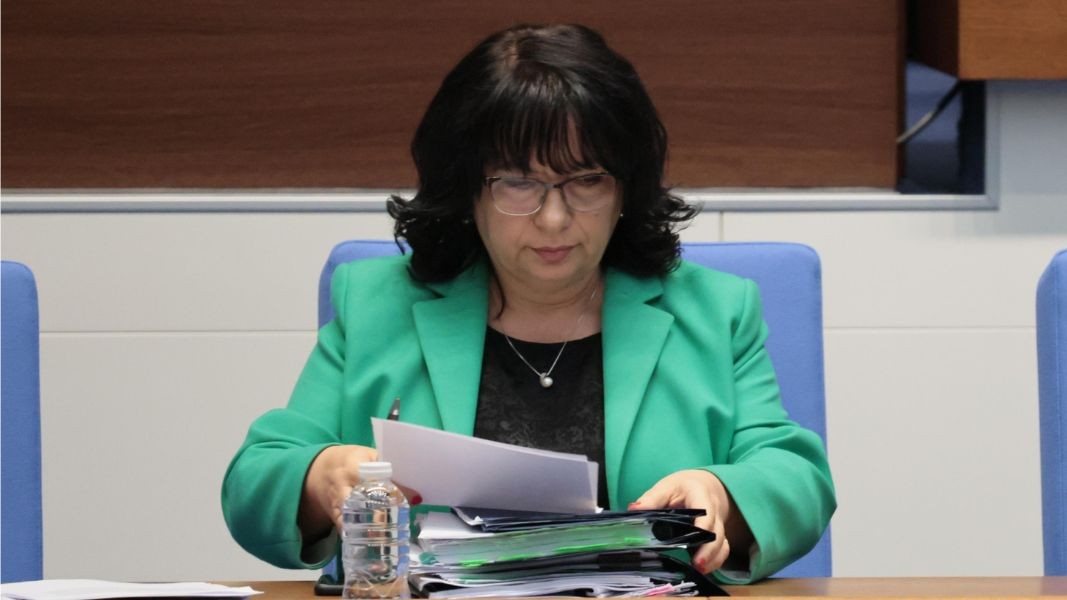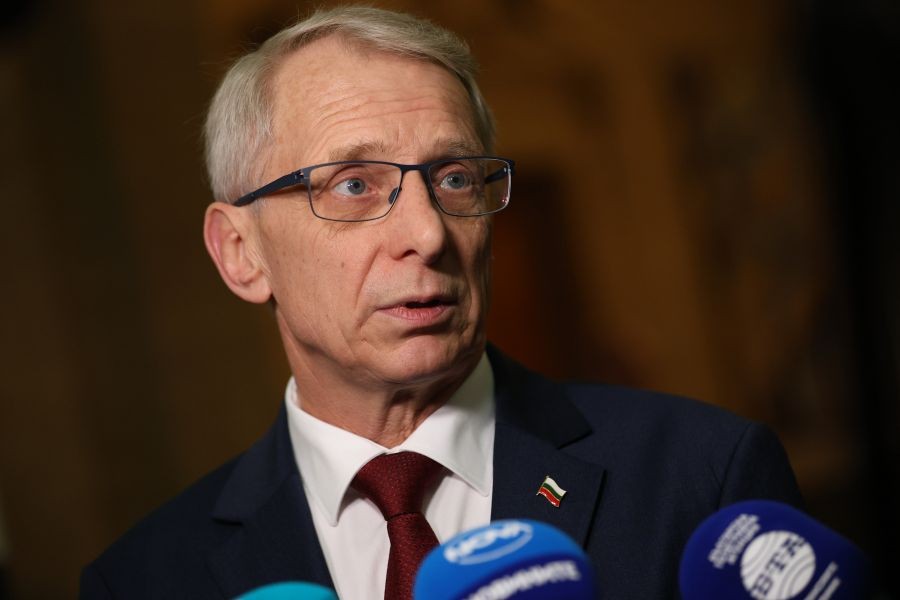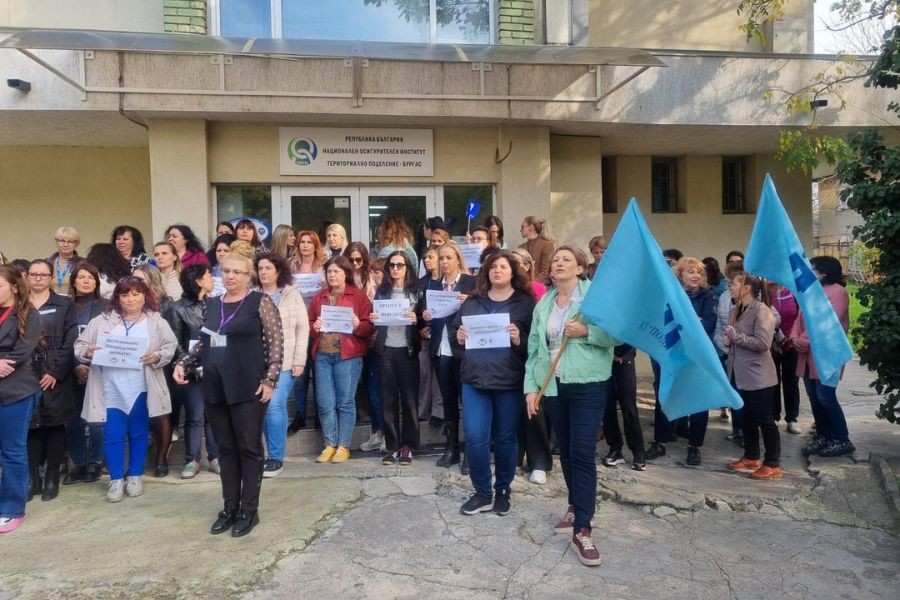The draft state budget was adopted in first reading by the National Assembly on November 21. However, the planned changes in the financial framework for 2026 triggered an open clash between the ruling coalition, led by GERB party, and the opposition parties, fueled by the dissatisfaction of trade unions and employers.




Plovdiv is hosting the 79th International Technical Fair from September 24 to 27, 2025 , bringing together leading companies, innovators, and industry professionals. The Forum highlights technological advancement and sustainable development across key..
Bulgaria has the opportunity to reap the full benefits of eurozone membership , but this will require stronger fiscal discipline, effective management of transition risks, and accelerated structural reforms , the International Monetary Fund (IMF)..
In mid-September, the traditionally great Christian feast of the Holy Cross (September 14) marks the beginning of one of the most anticipated agricultural processes – the grape harvest campaign. 2025 is no exception, but due to a number of factors, the..

+359 2 9336 661
